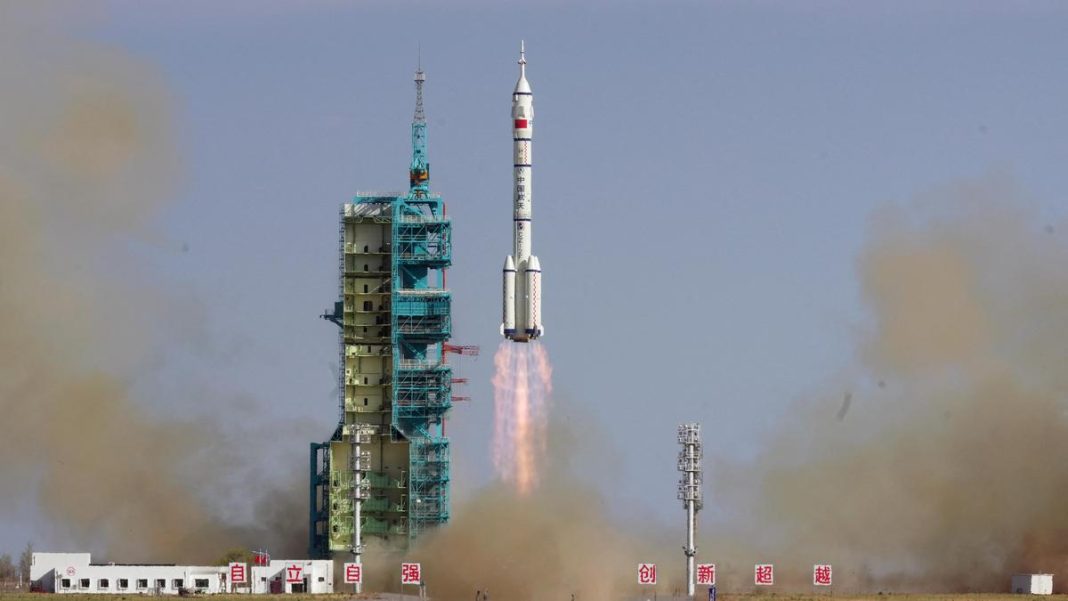China’s Shenzhou-20 Return Mission Delayed After Suspected Space Debris Impact
China has postponed the return of its Shenzhou-20 crewed spacecraft following a suspected collision with space debris, marking the first time such an event has delayed a crewed mission. The China Manned Space Agency (CMSA) announced the delay on November 5, 2025, stating an impact analysis is underway with no new return schedule provided.
Key Takeaways
- Shenzhou-20’s Earth return was delayed after possible space debris impact
- This is the first crewed mission return delayed by debris, not weather
- No new landing schedule has been announced
- Incident highlights growing space debris threat to orbital operations
Mission Details and Immediate Impact
The Shenzhou-20 spacecraft was originally scheduled to land in northern China on November 5, 2025. The CMSA confirmed the delay is due to possible impact with “tiny bits of space debris” and that comprehensive risk assessments are being conducted. Unlike the Shenzhou-19 mission delayed by weather in April, this represents the first debris-related return postponement.
Space debris consists of discarded rocket components and defunct spacecraft that orbit Earth, posing collision risks to active satellites and crewed missions. The Shenzhou program regularly transports astronauts to China’s Tiangong space station for six-month rotations, where crews frequently perform station maintenance including debris damage repairs.
Growing Space Junk Crisis
The incident underscores the escalating danger of orbital debris accumulation. The rapid proliferation of space junk has prompted international calls for better space traffic management. At a recent forum, Chinese President Xi Jinping proposed joint Chinese-Arab cooperation to establish a “space debris observation centre.”
A United Nations panel has emphasized the urgent need for a shared orbital object database and international tracking framework. The warning comes amid increasing congestion in Earth’s orbits, particularly in lower orbits dominated by satellite constellations.
International Tensions and Historical Context
China previously complained to the UN in 2021 about Tiangong station performing emergency maneuvers to avoid fragments from SpaceX’s Starlink satellites. Beijing and Washington have repeatedly exchanged accusations regarding debris-creating activities.
“A certain superpower, being the first country to conduct anti-satellite weapon tests in outer space, has carried out more such tests and created more space debris than any other country,” China’s UN mission stated in a 2022 document referencing the United States.
The United States previously criticized China’s 2007 anti-satellite missile test as “irresponsible” after it destroyed a satellite and generated significant debris. These incidents highlight the political dimensions of space debris management.
Technological Solutions in Development
China is investing in multiple technologies to mitigate collision risks from space debris. These include advanced laser monitoring systems and deorbiting “sails” that can be deployed to accelerate spacecraft reentry into Earth’s atmosphere, ensuring complete combustion without generating additional orbital debris.




